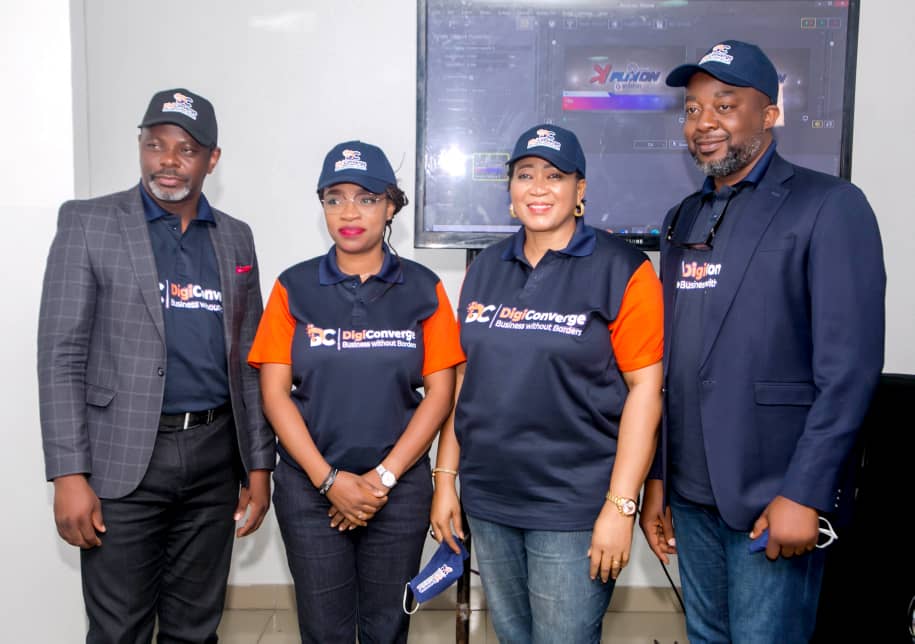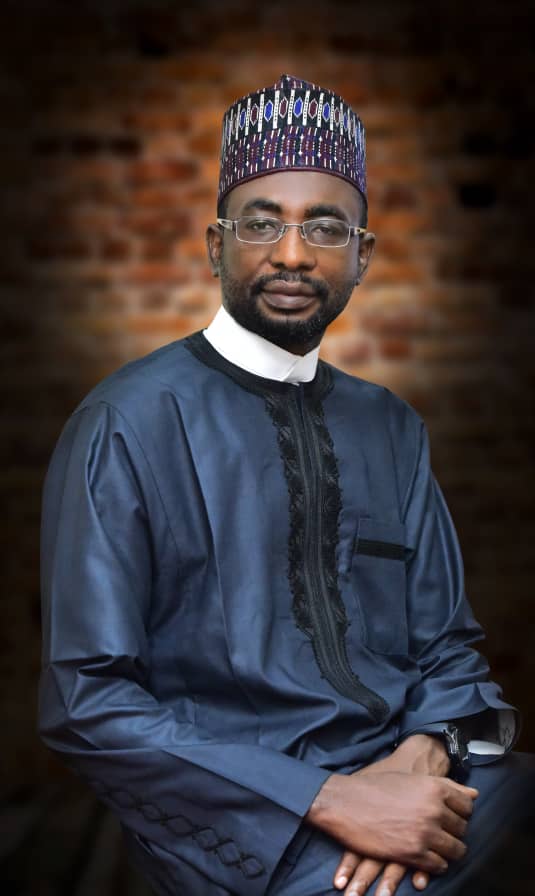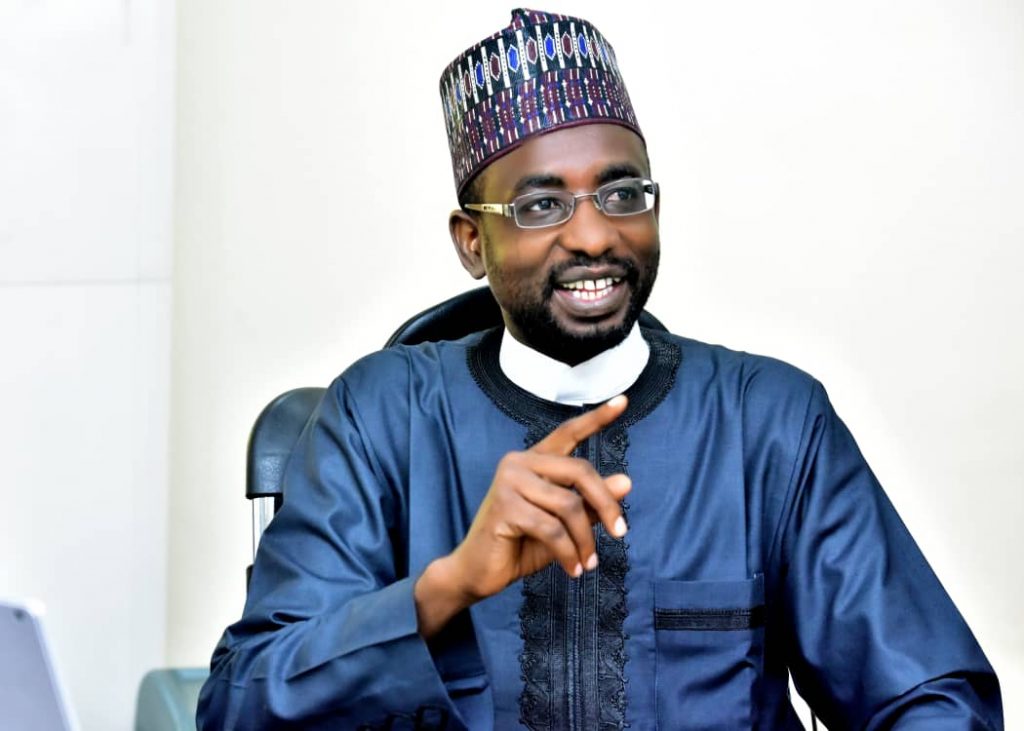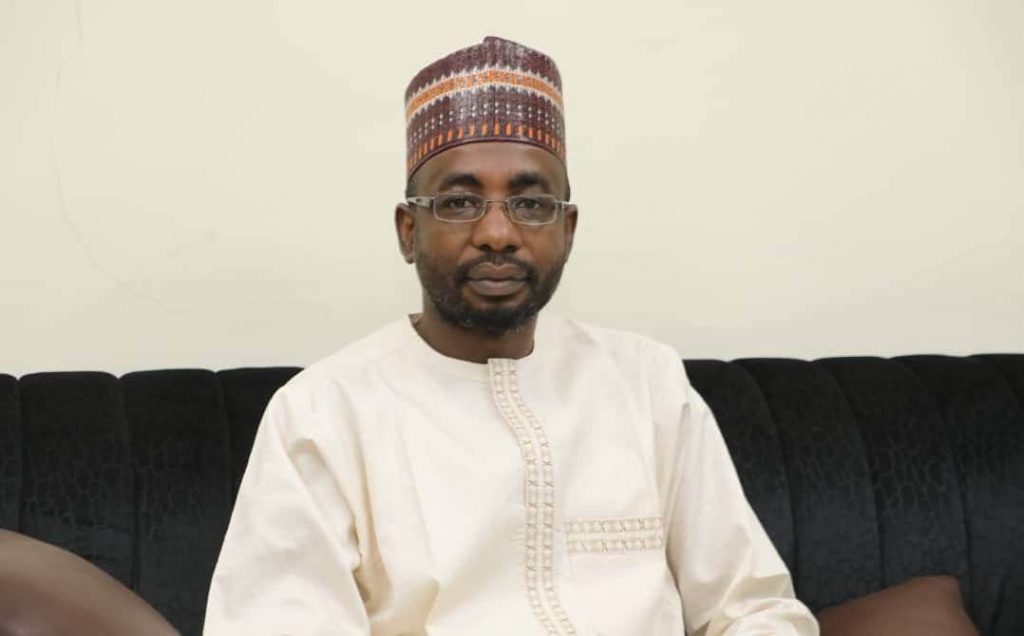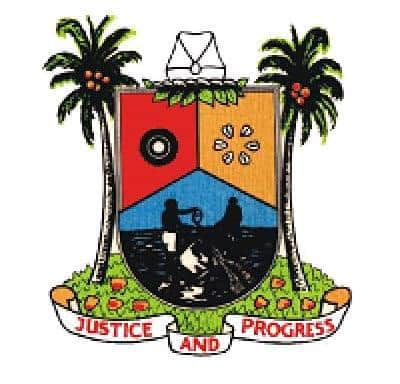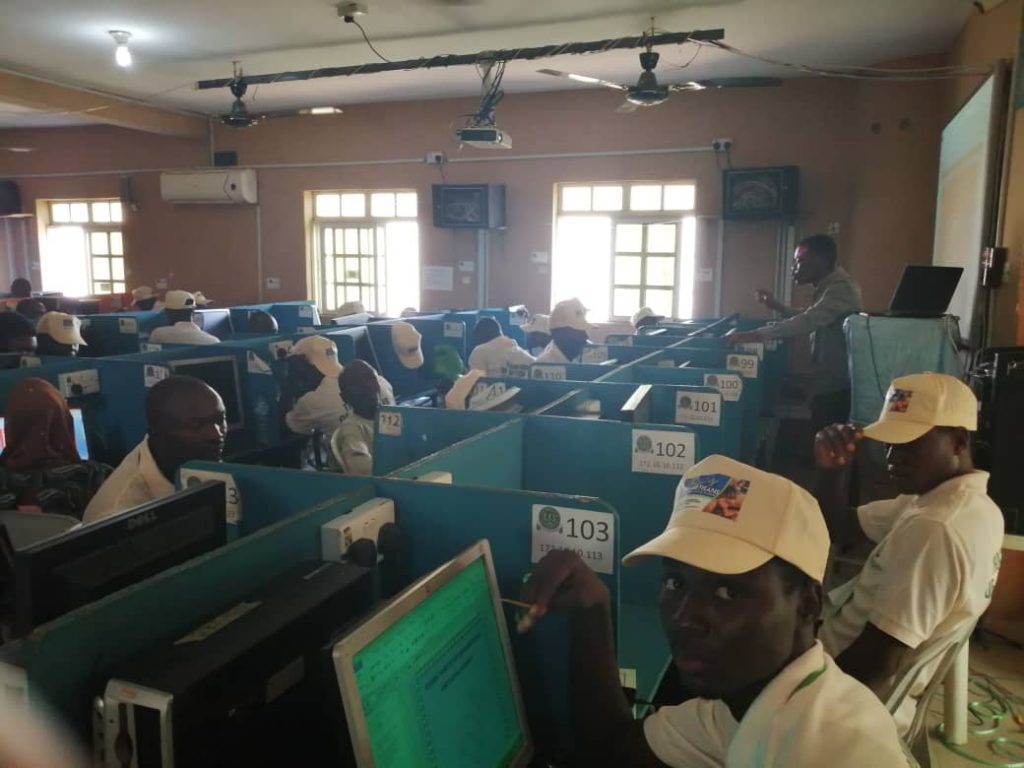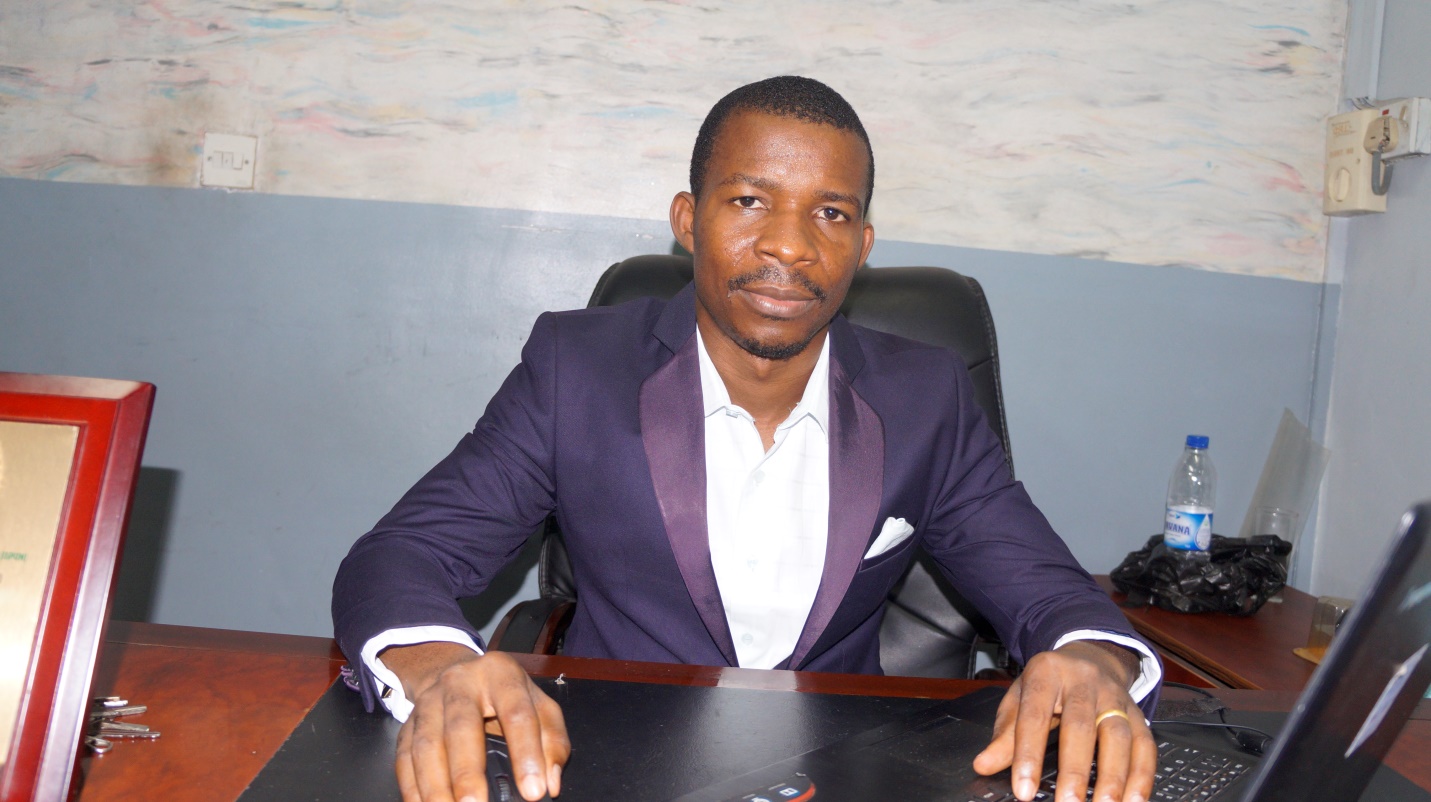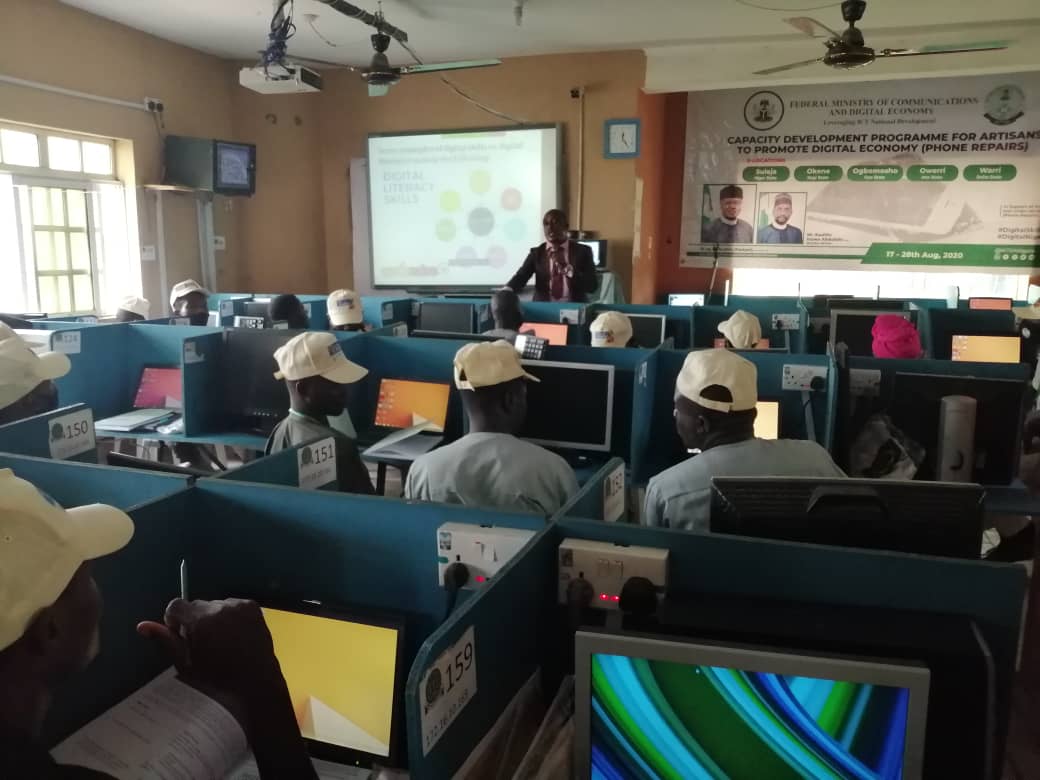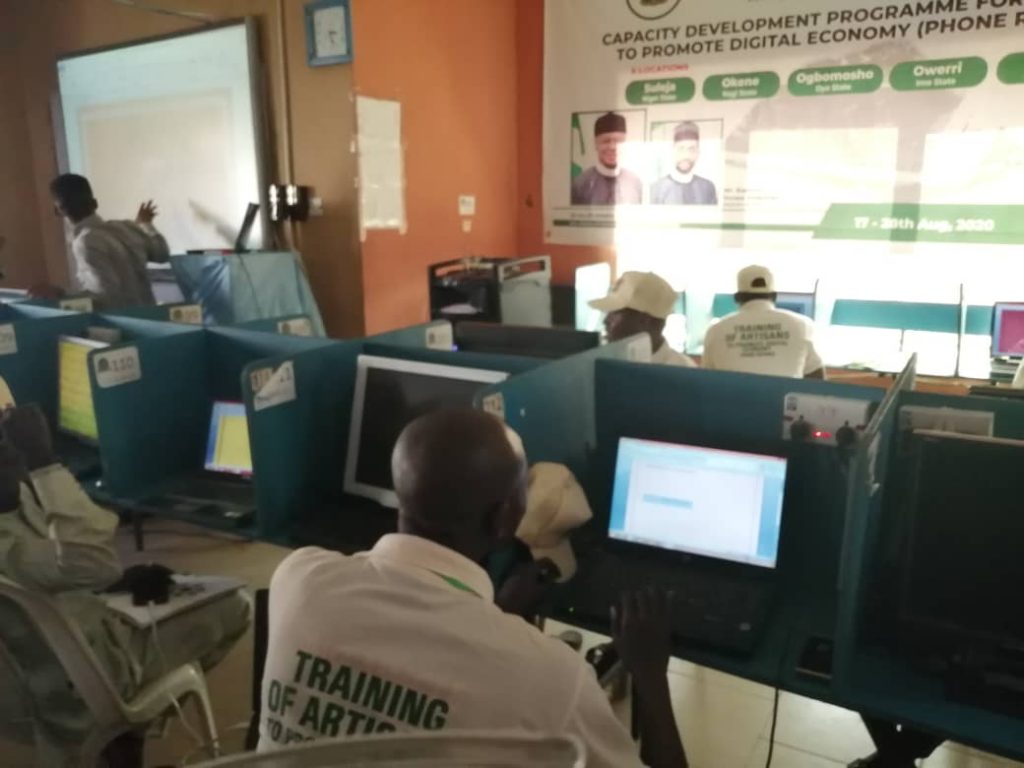As the world is tilting towards IoT and digitized ecosystem. Nigeria isn’t left out, especially in the area of content distribution and syndication,it has been noted that there are a lot of hiccups and challanges in analogue broadcasting. Bridging this gap and filling this vacum, the emergence of Digiconverge in the country’s digital space has been lauded as a welcomed development by stakeholders and industry watchers.
Digiconverge in a nutshell is a one-stop digital convergence platform that provides fit-for-purpose services in e-broadcasting and global content syndication has launched operations in Africa, starting with Nigeria.
The platform which already enjoys the blessings, approval and support from the Federal Government of Nigeria, has signed an exclusive content distribution partnership for Africa with the Viva Entertainment Group Inc. US to bridge the gap between Hollywood and Nollywood through effective collaborations and broadcast of original and exclusive African movies on the Flikontv Channel.
The Vice President of Nigeria, Professor Yemi Osinbajo, has described the newly launched Digiconverge as an example of Africa being a producer and not just a consumer of technology products.
Prof. Osinbajo who gave a keynote address during the virtual launch of Digiconverge on Tuesday, August 18, 2020 through the Special Assistant on Innovation, Office of the President, Mr.Ife Adebayo, spoke on the theme: “Unlocking the benefits of the 4th Industrial revolution”.
Adebayo expressed confidence that Nigeria, and by extension Africa, can be put on the right path to harnessing the opportunities the fourth (4th) Industrial Revolution presents. “We need to ensure that as Government we support initiatives like DigiConverge, and create opportunities, develop policies to protect intellectual property, and ensure adequate funding sources for research and innovation for continuous product improvement”.
“The dedication of groups like the team at Digiconverge reinforces my belief. I implore us all, Government, Private Sector, and Academia, to work together to maximize these opportunities”, he said.
Speaking at the launch, founder and CEO of DigiConverge, Mr. Celestine Achi said DigiConverge is an indigenous all-in-one digital convergence platform that provides fit-for-all purpose services in e-broadcasting, global content syndication, media intelligence and virtual business support. According to Achi, DigiConverge offers a wide range of services that ensures business sustainability through cutting edge technology.
He listed other solutions under DigiConverge as DigiBlastream (virtualstudio.digiconverge.net) – best for virtual studio, virtual meeting, virtual learning and live streaming;
“DigiGbedu- a music streaming platform on over 200 global platforms including amazon, Spotify, deezer and more. It ensures owners of creative work earn 100% of their royalties.
According to Achi, DigiGbedu (https://distribution.digigbedu.com/) enables owners of creative work to earn 100% of their royalties as they have unfettered access to the backend of the portal which enables them monitor all transactions real time.
“Top on the pack of the product is FlikonTV, an e-broadcast platform designed to enable subscribers launch their own TV channel, talk show, video news on international platforms such as AppleTV, RokuTV, AmazonTV, VivaLiveTV among other channels”, Co-Founder/ED Partnerships of DigiCoverge, Nkechi Ali-Balogun, added.

She further listed some of the premium products of DigiConverge to include Flikon TV, an e-broadcast platform designed to enable subscribers launch their own Tv channel, talk show, video news on international platforms such Apple TV, RokuTV , Amazon TV, VivaLive TV , among other channels.
President/CEO of the Viva Entertainment Group Inc (US) a global entertainment and Technology Company publicly trading under the US Stock symbol OTTV, Johnny Falcones, speaking on the exclusive partnership with DigiConverge on their FlikonTV Platform, said that Africa is going to be one of the leading markets in technology as it keeps innovating and pushing forward. He also said the partnership with DigiConverge will bring great innovations, collaborations and ensure for a quality content and monetization process.
In his contributions, a consummate public relations practitioner, Development Administrator, Member Governing Board and Executive Secretary Nigerian Prize for Leadership, Dr. Ike Nelaku said that every revolution that has taken place impacted the economy at many levels, economy of the people, the society, the community and the states. He called on the government to create the enabling environment in terms of policy and leadership for the people to unleash their creative energy and “put Nigeria firmly on the global digital map adding that some people are already talking about the 5th industrial revolution which is a convergence of man and machine”, he said referring to the DigiConverge as a solution that will impact the Africa content delivery space in diverse ways.
In his submission, Prof Ndemo Bitange said Africa must begin to understand big data and make informed analyses to make it easier for governments to make good policies that will create jobs for the youth population and enhance development.


